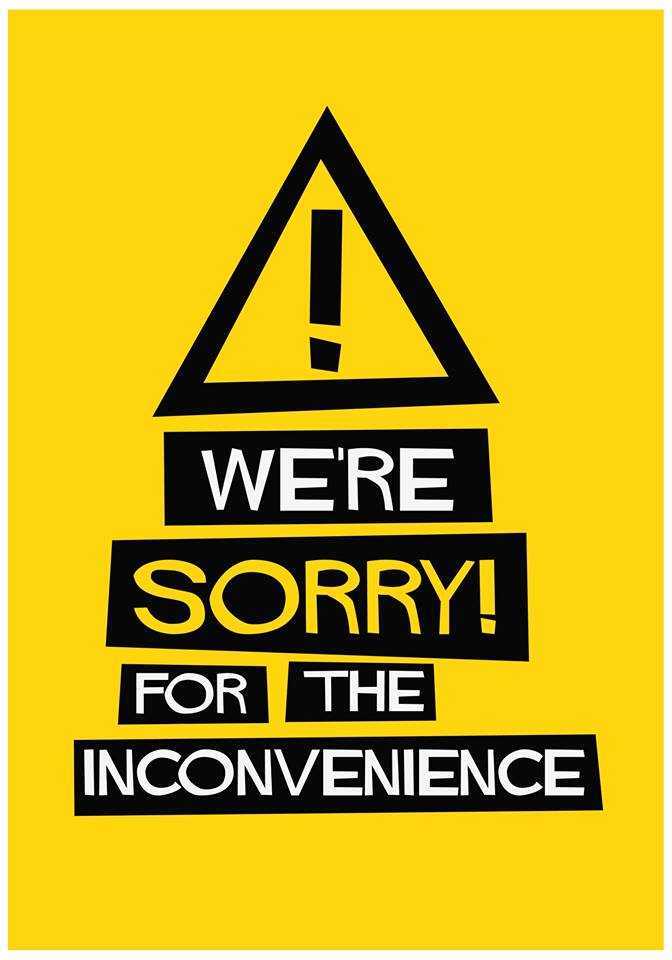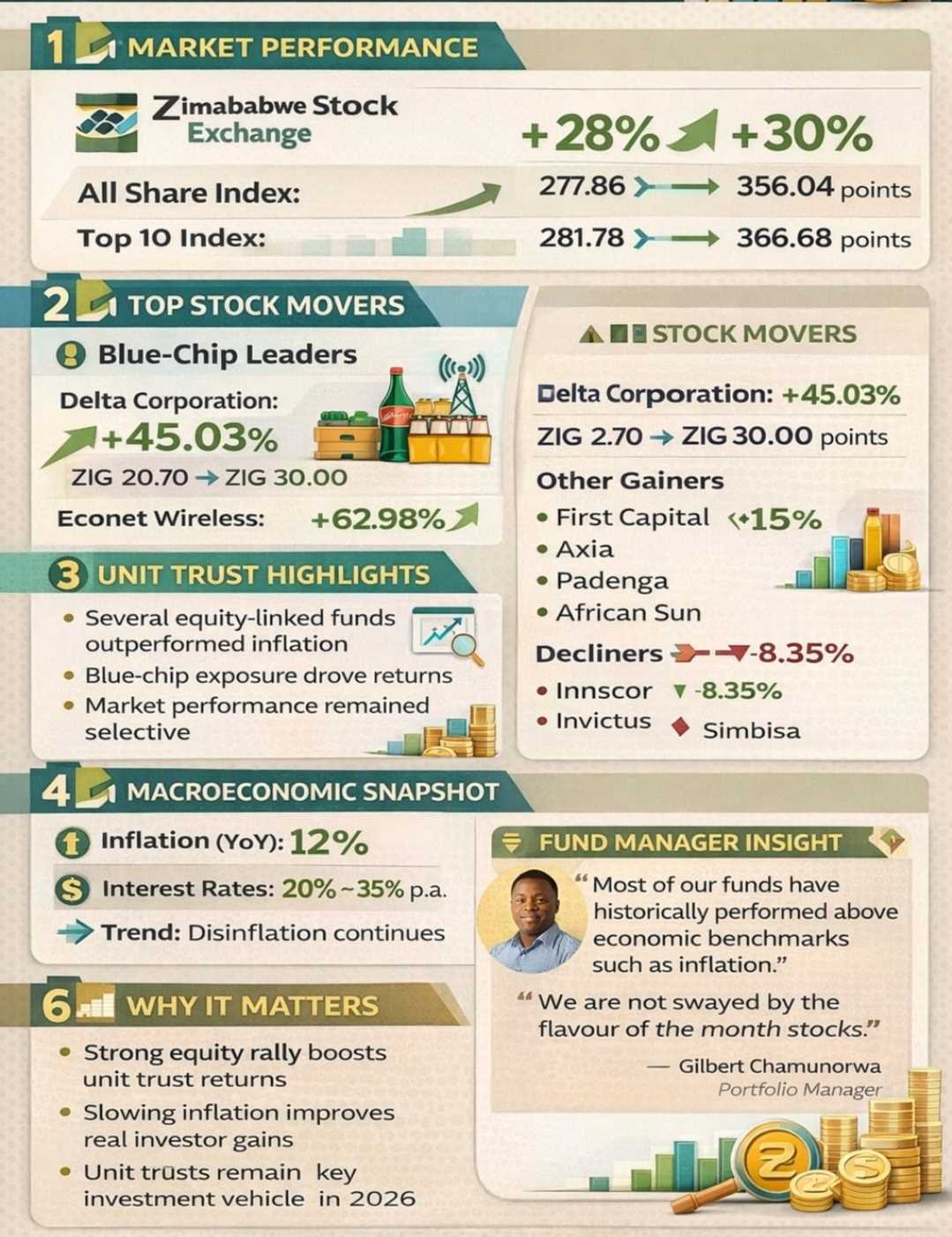
Audrey Galawu
ASSISTANT EDITOR
In a bid to stabilize its economy, Zimbabwe recently unveiled the Zimbabwe Gold currency, backed by a basket of foreign exchange reserves and precious minerals, predominantly gold.
However, the rollout of the new currency has sparked anxiety and scepticism among ordinary citizens and businesses alike, given the nation’s turbulent history with currency fluctuations and hyperinflation.
Zimbabwe has grappled with economic instability for years, exacerbated by poor monetary policies and hyperinflation. The introduction of the ZiG currency aims to address these issues, but many Zimbabweans remain wary due to past experiences with multiple currency changes since 2008.
The persistent cycle of currency depreciation has eroded trust in the financial system, leading to widespread apprehension among the populace.
Related Stories
Following the suspension of bond notes, major retailers are predominantly trading in United States dollars, exacerbating the scarcity of ZiG.
Small businesses, in particular, have been adversely affected, with many struggling to conduct transactions due to a lack of change. This has prompted some businesses to adopt a USD-only policy, further complicating the economic landscape.
Service providers, such as tailors and vendors, are grappling with the practical challenges posed by the introduction of ZiG currency. Elizabeth Manyeruke, a tailor from Chitungwiza, expressed frustration over the difficulty in pricing her services in USD, particularly for smaller transactions.
Similarly, vendors like Peter are facing dilemmas over pricing and currency acceptance, leading to compromises that may inconvenience both sellers and buyers.
While the government aims to restore economic stability through the introduction of ZiG currency, some civil servants are apprehensive about potential salary erosion. The uncertainty surrounding the new currency's value and its impact on purchasing power have fuelled anxieties among government employees, highlighting the broader concerns regarding economic sustainability and livelihood security.
The introduction of the Zimbabwe Gold currency reflects the government’s efforts to address longstanding economic challenges. However, widespread confusion, price increases, and a loss of confidence in the currency among ordinary citizens and businesses underscore the formidable task of restoring stability to Zimbabwe’s economy. As stakeholders navigate the complexities of this transition, the effectiveness of the new currency remains uncertain.



















Leave Comments